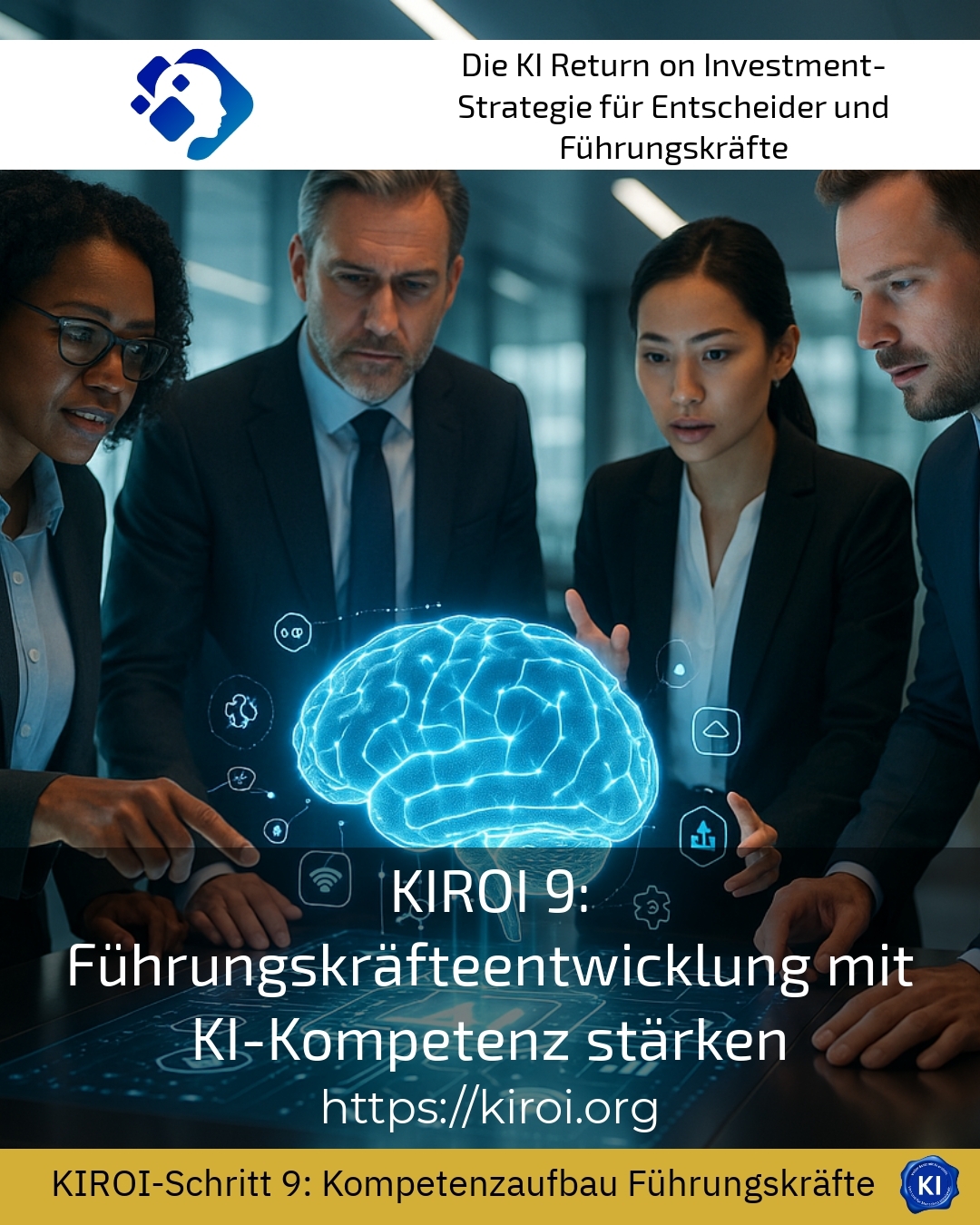More and more companies are recognising the importance of targeted management development. Especially in times when technologies and working methods are changing rapidly, managers need new skills. Artificial intelligence plays a decisive role in this. It supports managers in expanding their skills and mastering challenges better. The combination of traditional methods and modern digital tools creates new opportunities for leadership development.
Why leadership development is different today
Seminars and workshops used to be at the centre of management development. Today, this is no longer enough. Managers need to be flexible, understand new technologies and work with teams in different formats. Many companies therefore rely on digital learning formats, coaching and individual development plans.
A practical example: In a medium-sized company, management training was combined with online modules. This allowed participants to learn flexibly and at the same time apply their new knowledge in their day-to-day work. Another example is an international company that uses rotation programmes. Managers move to different departments for short periods of time in order to develop a holistic understanding of business processes. A third example is a technology company that uses peer coaching. Here, managers regularly exchange ideas and give each other feedback.
Leadership development with AI expertise
How AI supports leadership development
Artificial intelligence can support leadership development in a variety of ways. It analyses data, provides personalised learning recommendations and helps to reflect on leadership behaviour. Many companies use AI tools to collect feedback and identify development needs.
For example, a company uses an AI system to analyse communication between managers and employees. The results help to recognise strengths and weaknesses and take targeted measures. Another example: an AI-supported learning portal recommends customised online courses to managers. The content is customised to the users' level of development and needs. A third example: a company uses AI to automate 360-degree feedback. Managers receive faster and more comprehensive feedback from different perspectives.
Practical application in management development
The practical application of AI in management development is diverse. Many companies use AI tools to create and monitor development plans. The systems help to document progress and make targeted adjustments.
An example: A company uses an AI tool that regularly assigns practical tasks to managers. The results are automatically analysed and integrated into the development plan. Another example: an AI system supports the planning of mentoring programmes. It matches mentors and mentees in a targeted manner and accompanies the process. A third example: a company uses AI to evaluate the success of training programmes. The data helps to measure and improve the effectiveness of the measures.
Leadership development in everyday life
Learning in the workplace
Learning on the job is an important part of management development. Many companies rely on job rotation, development-orientated tasks and mentoring. These methods combine real-life challenges with structured learning.
An example: A company offers managers the opportunity to move to different departments for a short period of time. This allows them to get to know the interrelationships within the company better. Another example: A company uses mentoring to deploy experienced managers as sparring partners for younger colleagues. A third example: a company favours development-oriented tasks. Managers take on projects that challenge and expand their skills.
Coaching and feedback
Coaching and feedback are key elements of management development. Many companies use individual coaching to support managers with specific challenges. Regular feedback helps to recognise progress and provide targeted support.
An example: A company offers managers regular coaching sessions. The coaches help them to reflect and develop solution strategies. Another example: A company uses 360-degree feedback to evaluate managers from different perspectives. A third example: a company uses peer feedback. Managers give each other feedback and support each other in their further development.
BEST PRACTICE with one customer (name hidden due to NDA contract) and then the example with at least 50 words.
In an international company, a management development programme was combined with AI tools. The managers received personalised learning recommendations and were able to track their progress in real time. Regular feedback and coaching enabled them to expand their skills in a targeted manner. The results were impressive: the managers reported greater self-confidence and better results in the team. The combination of traditional methods and modern technologies significantly improved management development.
My analysis
Today more than ever, management development is a central component of a company's success. The combination of traditional methods and modern technologies offers new opportunities to promote and strengthen managers. Artificial intelligence plays an important role here. It supports the analysis, planning and implementation of development measures. Companies that focus on targeted management development benefit from motivated and competent managers. The future belongs to companies that continuously develop their managers and utilise modern technologies in the process.
Further links from the text above:
Forum Verlag: Leadership development - methods and concepts
Haufe Akademie: Leadership development - guide and tips
Brainershub: Leadership development - trends and measures
For more information and if you have any questions, please contact Contact us or read more blog posts on the topic Artificial intelligence here.















